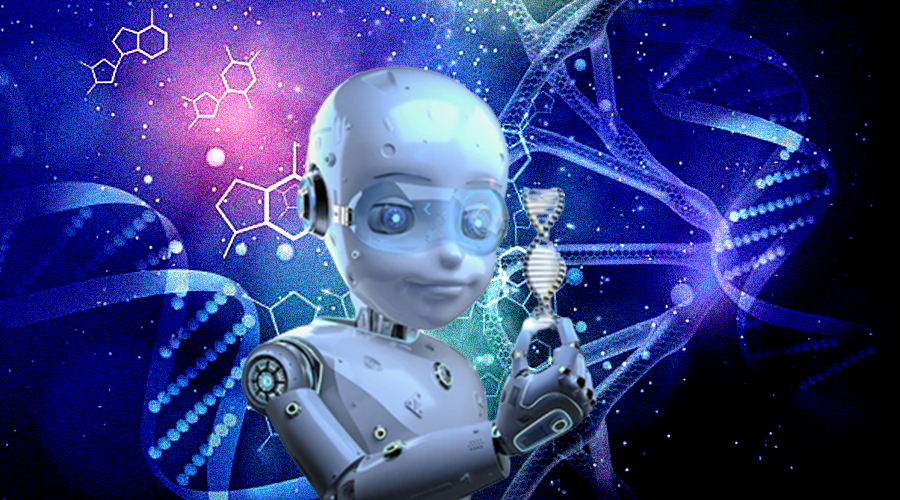The Revolutionary Role of Machine Learning in Biotechnology: Unlocking Nature’s Secrets
With the rapid and huge development in biological science, the large amount of data generated by various experiments has become a great challenge to handle and manipulate. Data analysis methods are often inadequate in the face of large and complex data. This leads to the need of machine learning (ML) to change the game by revolutionizing the way science analyses biological data. In this article, we will deep-dive into the diverse network of biological data analysis and explore the important role of machine learning tools in uncovering the hidden mysteries in genetic data. Biological data contains a diverse and wide range of information, from genome sequences and protein structures to complex biological pathways. With the advent and exploration of highly efficient genomic technologies, information is being produced at an unprecedented rate. However, the small size of this data still poses some challenges. Traditional analytical methods struggle to deal with the complexities present in biological data. Machine learning is an effective tool that uses algorithms and statistics to extract patterns, relationships, and insights from hard and complex data.
Machine learning algorithms, which can process large amounts of data and provide valuable information, bring a new perspective in the analysis of the derived huge biological data. One of the most important applications of machine learning in biological data analysis is predictive modelling in genomics. Machine learning algorithms are well known for identifying patterns in genomic data, this allows researchers to effectively predict gene function, identify potential pathogens, and even predict individual phenotypic and genotypic outcomes based on genetics. Also, machine learning algorithms have been proven to aid in biomarker discovery, which is significant in disease detection and diagnosis. By analysing different biological data, including gene expression profiles and clinical data, machine learning models can effectively identify biomarkers associated with specific stress conditions or diseases.
Drug discovery is often a time-consuming and technically complex task. Machine learning algorithms can analyse large datasets of drug interactions, chemical reactions, and biological responses to predict drug candidates. This not only speeds up the drug discovery process, but also increases the chance of identifying compounds with high potency and low side effects at a very rapid rate and significant in terms of statistical means. Biological pathways are complex network processes that control molecular interactions in various cells. Understanding these pathways is important for determining the mechanisms of the disease and developing intervention plans. Machine learning algorithms help understanding the complexity of these biological diseases through various statistically significant network analysis and predictive pathways, revealing treatment plans. Also, machine learning plays an important role in the optimization of biological processes by analysing complex data to improve the efficiency, yield and quality of biological processes.
It helps model and predict the best process, identify critical variables affecting performance, and optimize for maximum productivity. Machine learning algorithms facilitate real-time monitoring and control, enabling adaptive responses to changes in biological processes. The technology is making experiments faster, lowering costs, and introducing new ideas to improve biological products, ultimately advancing into fields such as medicine, biotechnology, and biofuel production. Although machine learning has great potential and the field of biological data analysis is literally growing, it is still under in its growing phase in the life science domains. Identifying machine learning models, the need for large and diverse data sets, and ethical considerations are challenges that researchers must overcome. Additionally, continuous advancement in machine learning technologies such as deep learning, continues to shape the scope of biological data analysis and open new areas of research. In the ever-expanding field of biological research equipped with high-throughput analytical technologies, the role of machine learning in data analysis is nothing short of revolutionary.
From predicting genetic activity to rapid drug discovery, machine learning algorithms have become essential tools for researchers looking to explore biological data and interpret significant information. As this machine learning & artificial intelligence technology continues to advance, the integration of the same and biological data analysis promises to unlock unexplored insights and push the boundaries of findings to a new dimension in the miraculous world of biology. As we stand on the threshold of a new era in biology, the combination of machine learning and biological data analysis will redefine our understanding of life.
Source

